HP has recently unveiled its Spectre 13.3 notebook, the skinniest in the world, at a luxury conference in Versailles. Sizing up at a mere 10.4 mm thick (about 4/10 of an inch) the newest Spectre is about as thick as a AAA battery. Shedding HP’s traditional businesslike look, the new laptop takes its style cues from Jewelry and Purse lines. In addition to its style, the Spectre brings the power utilizing Intel Core I5 and I7 chips with up to 8 GB of RAM. The notebook also boasts a 9 hour battery life thanks to its innovative 4 cell design and audiophiles will recognize the Bang & Olufsen name adorning the audio components.
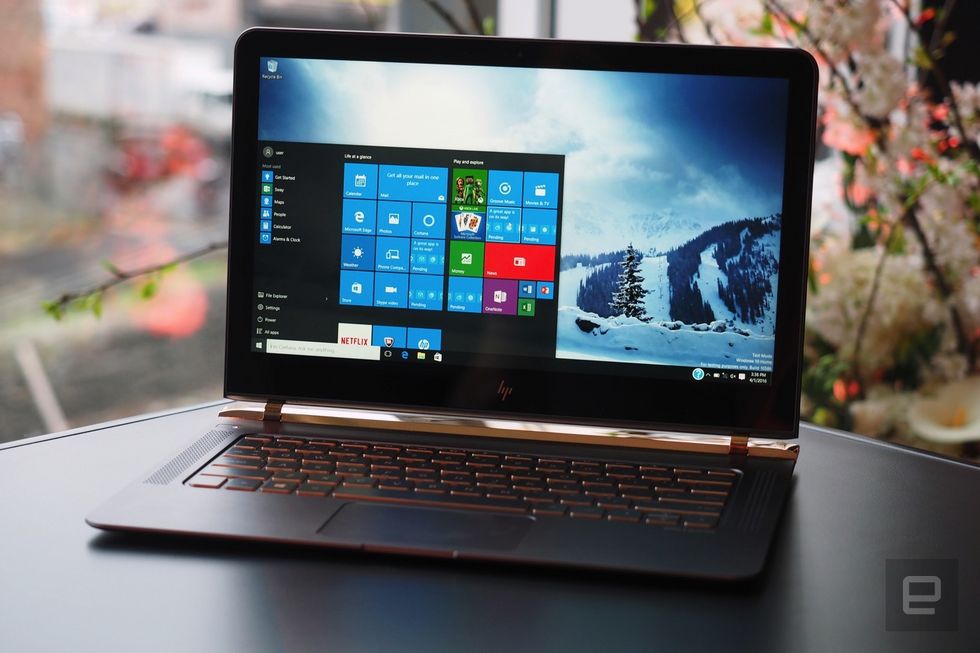
HP hopes the trendy, yet powerful, model will reinvigorate and reverse recent trends. HP sales in its laptop and desktop lines dropped 11-14% in the fourth quarter of 2015. Presales of the Spectre 13.3 will be available April 25 through BestBuy or directly from HP.
Seagate has revealed it's fastest ever Solid State Drive (SSD) at the Open Compute Project Summit earlier this month in San Jose, CA. The production ready drives were pacing 10GB/sec. Previous drives available to the public had topped out at 6GB/sec so a 66% speed increase. The drive is Open Compute Project (OCP) compliant which makes it easy to integrate into very large scale data projects.
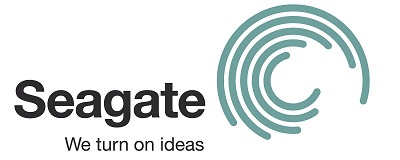
What is a Solid State Drive?
Solid state drives are an integrated circuit driven replacement for traditiona disk drives. Disk drives require physical spinning and seeking of the disk in order to retrieve data, solid state drives eliminates this inefficiency by direct access circuits making for quieter and quicker data retrieval. Current SSD technology makes us of NAND based flash memory for persistent storage of data. Although the performance of SSD is superior an equivalent SSD storage costs about 4x the equivalent disk storage currently.
“Your data is only as good as how easily you can access it and put it to use. Seagate is committed to providing the full spectrum of technologies to help meet the diverse needs of organizations so they can unlock this value. Whether for consumer cloud or business applications, this SSD will help improve on demands for fast access to information, where split seconds drive incremental value gains.” Brett Pemble, Vice President Seagate Technology
Seagate's latest drive utilizes the Non Volatile Memory Express (NVMe) protocol which is designed to replace the older serial AT Attachment (SATA) standard. The 10GB/sec unit displayed utilized a 16 lane PCIe slot, but a seperate version is being developed for 8 lane slots that will run at 6.7GB/sec
With a new split screen feature, improved battery life, and better notifications Google's unnamed Android update, referred to as Android 'N', is showing marked improvement in the race versus it's competitors. The 'N' should be replaced with the name of a delicious snack when the system is officially released, likely later this year. The current version is known as Marshmallow. The early release is targeted to developers to allow them to provide input prior to the release date. It is available on some Nexus Devices including the Nexus 6P, 5X, Pixel C, and Nexus 9.
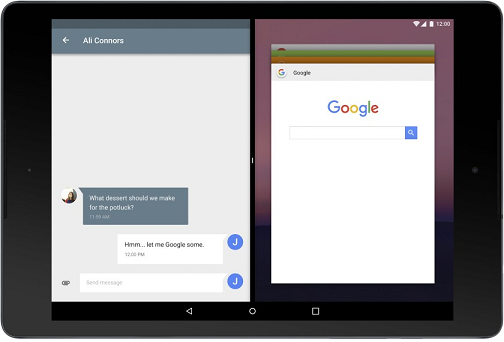
To conserve battery life Android N will tack the Doze feature to the next level, initiating it sooner while also limiting the power consumption of background tasks. The split screen feature, already incorporated into iPad and Windows, gives users the ability to share screen space among multiple apps. You can now continue watching a video uninterupted while answering a quick email checking in on another app. Android N has also expanded the functionality of notifications by allowing you to respond directly with a typed message from the notification. Previously these activities were more limited to things like playing or deleting an item. Multiple notification from a single app will be bundled together and can be expanded by the user.
Every version of Android after the initial Alpha and Beta have come bearing the name of a tasty treat. Previous versions include Cupcake, Donut, Eclair, Froyo, Gingerbread, Honeycomb, Ice Cream Sandwich, Jellybean, KitKat, Lollipop, and Marshmallow. Internally N has been refered to as New York Cheesecake but typically the internal codenames and final version are different.
In another win for artificial intelligence, Google's DeepMind computer with it's AlphaGo program has beaten South Korean Lee Se-Dol, the world's premier Go player in the first game of a 5 game match set to take place March 8-16th. While other board games have been long solved by computer, the complexity of Go prevented computers from competing with anything but amateur players until recently. Computer scientists had predicted it would be perhaps another decade or more until artificial intelligence caught up with top players and, while they might be right as there are still four games to be played, the victory is a sign that computers are making inroads into areas of thinking and prediction formerly considered the realm of human intelligence.
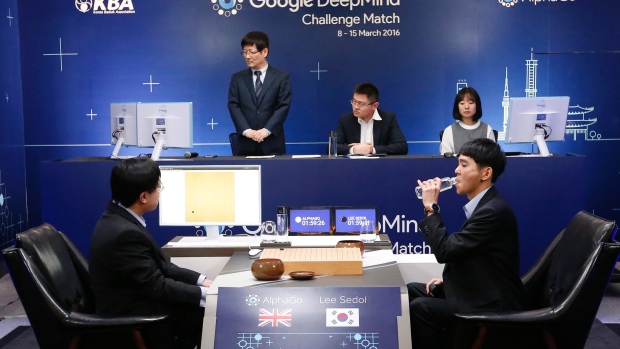 ?
?
The game Go, which originated in ancient China over 2500 years ago, has tantalizingly simple rules which result in very complex and intuitive game play. The board consists of 19x19 lines where black and white stones are placed alternately at lined intersection to try and control territory and cut off enemy controlled spaces. The number of possible game position is an incredible 600 orders of magnitude greater than chess. While the basic rules can be learned in an afternoon, it often takes years of study and practice to gain even an amateur grasp of the subtle strategies involved.
Google acquired then UK based DeepMind in 2014 for an undisclosed sum, reportedly over $500 million, to try and bolster it's artificial intelligence (AI) portfolio amongst intense industry competition. Scientists believe the lessons learned developing AI to compete in intricate board games can also be expanded to solve society's greatest challenges
UK Scientists at the University of Southampton have developed a technology to store and retrieve data on crystalline disks using lasers. The stable structure of the crystals open up the possibility of uncorrupted storage for billions of years. The small disks are very durable, capable of withstanding up to 1000C temperatures and estimated to last 13.8 billion years at 190 celsius. Documents of historical importance such as the Magna Carta, King James Bible, and Newton's Opticks have already been saved and could survive the human race using this technology.
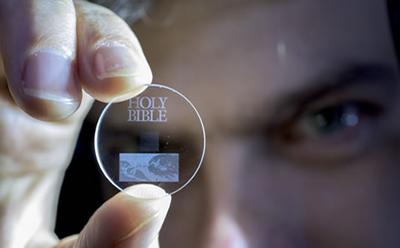
?
The process used to encode the data is known as 5D, or five dimensional, data. The encoding uses nanostructures and the associated length, width, height, orientation and position to store data. The 5D encoding allows each disc to store up to 360 terabytes of data. Powerful laser pulses set the data into the fused quartz with can then be read with an optical microscope and polarizer.
“It is thrilling to think that we have created the technology to preserve documents and information and store it in space for future generations. This technology can secure the last evidence of our civilisation: all we’ve learnt will not be forgotten.” Professor Peter Kazansky - University of Southampton Optoelectronics Research Center (ORC)
The researchers showcased their findings at this month's San Francisco's SPIE (international society for optics and photonics) conference and look to bring in industry partners to develop and commercialize the product.
Twitter stocked dropped at least 12% at times last week spurred by losses in it's user base of at least 2 million in the 4th quarter of 2015. Although a media and pop culture staple, Twitters user base of 305 million has long been a week spot compared to it's competitors. Facebook has 1.6 billion user and Google has several products with over 1 billion users.

Although revenues have increased the service is still not near profitability which has some investors skittish. The winds of change can blow quickly across the internet landscape, and companies that fail to capture and grow their user base, think MySpace, can fall away very quickly. For it's part Twitter is working on innovations to further engage and draw in more users. Updates to the timeline feature have shown positive results encouraging CEO Jack Dorsey to describe it as "a big part of that (the solution towhat is inhibiting growth at twitter)" Compounding problems at Twitter is a continuing exodus of top executive talent from several departments, chasing down what is seen as better opportunities. Even CEO Jack Dorsey splits time with his other project, Square, irritating many investors who believe Twitter deserves full attention to maximize potential.
Google has recently announced plans to update it's Chrome browser with major improvements to loading speed. Using the Brotli data compression algorithm, unveiled in September, will allow Chrome to compress webpages an additional 26% over their previous compression technology known as Zopfli.
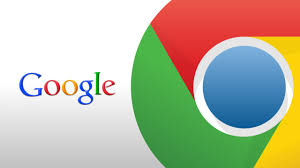
The name Brotli, like it's predecessor, is based on a Swiss baked good and translates as "small bread". The news of the switchover was unveiled by Google engineer Ilya Grigorik in a Google+ post. Google has designated the Brotli code as open source and already competitor Mozilla, has announced it will use the code in it's next version of it's Firefox Browser. Chrome is currently on version 45 after several successive quality upgrades.
Finally after 8 months The Securities and Exchange Commission approved Nasdaq OMX group’s plan to distribute $62 million in cash to its investors involved in the famous botched Facebook IPO. All brokerages lost money due to Nasdaq’s system failure caused by its design problem are about to be refunded by The Securities and Exchange Commission. Facebook went on public by 17th of May last year, but system failure caused a half hour delay in trading creating a huge fuss among the investors. Investors were unable to confirm or change orders. Orders were started by 4:30 a.m and Investors reported their failure in receiving completion of transaction confirmations almost immediately leaving them in a dilemma of whether they owned to stock or at what price. This made the investors turn angry and they started demanding their losses from Nasdaq OMX Group, the parent company of the technology-heavy American stock exchange. Stock exchange’s staff’s over confidence was considered as the reason for mishandling of Facebook’s IPO. The huge volume of trading done on may 17 and excess number of order cancellations just before offering made the 30 minutes delay. Facebook shares ended up with $38.27 with a 27cent or 0.71 percent rise from their offer price of $38. Nasdaq chief executive Robert Greifeld made an apology to all investors. SEC believes that a loop which collected orders before the beginning og official IPO trading was set as Nasdaq lost its control over the systems. Nasdaq report says that its working closely with SEC to resolve issues with Facebook IPO. Wall street journal made an estimation that the losses incurred wound round upto $500 million. Nasdaq primarily submitted plans to offer upto $40 million which would include a $13 million cash payment and others in the form of trade discounts. Those transactions qualified for this refund would be sell orders priced at or below $42 a share that did not execute or executed at an inferior price and Buy orders priced at $42 which didn’t receive immediate confirmations after execution. The earlier suggestion would include in using the $10.7 million gain from Facebook’s share on the day of IPO and Nasdaq's standing $3 million cap on compensation payable to exchange customers that lose money due to system failures. The primary plan was then increased as the brokerages felt it was too low. Financial industry regulatory authority (FINRA) would administer the approved plan. Financial industry regulatory authority will also be evaluating all compensation requests made to Nasdaq. A statement of "Pleased" was released from Nasdaq on the approval. Facebook’s IPO doesn’t seem to end with it. SEC is still making its own investigation on this issue and individual investor’s lawsuits are still in pending condition. The fuss has lead to long time problems including dumping of millions of new shares into market. The company is already in tax debt of $3 billion. Knight Capital Group, Citadel & rocky IPO would be some major brokerage firms that felt huge sufferings from Facebook IPO issue. Citadel and Knight previously said they supported Nasdaq’s repayment proposal. Nasdaq made accommodation proposals in making modifications to its rules. In current time, the compensation amount to be paid to the investors is strictly within limits and proposals are made to change it. The approval is processed on how the new system would act and what the current system’s problems face by this rule. SEC confined Nasdaq’s proposal to be consistent with laws and something which offered security to the investors. The new proposed rule change is left into huge set of debates. Nasdaq is yet to design its complete fully fledged rule change that’s on process.
In the near future we may be holding phones that have a screen with a stability and strength of a military armor. Yes, Sapphire, one of the hardest and most scratch resistant natural substances on Earth, could soon protect your phone replacing Gorilla Glass. Sapphire is almost 3 times stronger than the current crop of glass screens. iPhone5 users are already using Sapphire, not as your front screen but as something to protect your camera lens.
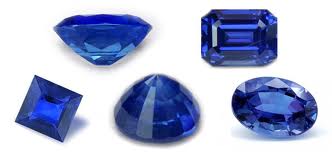
Sapphire in its natural state features unique eye catchy deep blue hues commonly used in jewelry. In recent time’s artificial production of Sapphire using aluminum oxide at a higher temperature has made great leaps bringing the size of the crystals up and the price down. Highly resistant artificial Sapphire glasses are made using this method. Sapphire is so hard that it is impervious to most abrasives. Even the hardest car key in your pocket or an accidental drop from your hands aren’t going to damage or scratch screens made with this material.
Our newest exam, CP-450 HTML 5, is now live on site and available for testing. As usual, when we release a new exam we allow our existing users, even if not a premium member, limited time access. To take the exam simply log in to your account at http://www.ncsacademy.com/memberlogin.cfm From the exam selection dropdown box scroll down to the 'members only' section and select the HTML 5 exam. Good luck, and let us know what you think!
